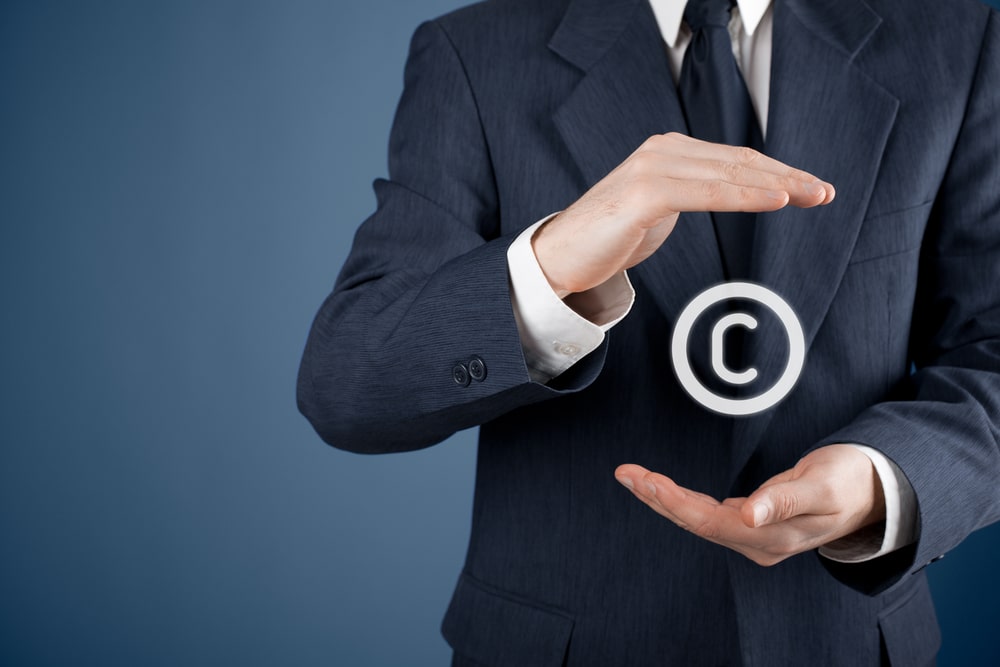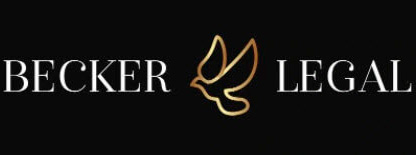Enforcing Copyright Violations

Copyright law provides crucial protection for creators, whether they are artists, writers, musicians, or business owners. When copyright violations occur, it’s essential to take appropriate legal steps to protect the intellectual property you’ve worked hard to create. Enforcing copyright violations involves more than just recognizing that your rights have been infringed; it requires a clear understanding of the legal remedies available and the processes involved. This post outlines what enforcement actions might look like and the steps you can take to safeguard your rights as a copyright holder. If you’re dealing with a violation, seeking guidance from a copyright lawyer is often the best course of action.
Identifying The Violation
Before enforcement can begin, it’s important to properly identify a copyright violation. Not every use of copyrighted material qualifies as infringement. Certain uses may fall under fair use, a legal doctrine that allows limited use of copyrighted works without permission. Fair use can apply in various scenarios, such as criticism, commentary, research, teaching, or news reporting. If the use of your work doesn’t meet these standards, a violation may be present.
If you believe your work has been infringed, gather evidence, including when and where the work was used, and how it was used. Documentation is crucial for building a strong case if you decide to pursue legal action. In some cases, resolving the issue amicably may be an option, but for more serious cases, taking formal legal steps is often necessary.
Sending A Cease And Desist Letter
One of the first steps in enforcing your copyright rights is sending a cease and desist letter. This formal letter demands that the infringer stop using your copyrighted work immediately. It’s often the first action copyright holders take because it can result in a quick resolution without involving the courts. The letter outlines the specific violation and requests that the infringer halt any further unauthorized use.
While some cease and desist letters succeed in stopping the infringement, others may not, especially if the infringer disputes your claims. Further legal action may be required if that’s the case.
Filing A Copyright Infringement Lawsuit
If the cease and desist letter is ignored, or if the issue remains unresolved, the next step is filing a copyright infringement lawsuit. Taking the case to court allows you to seek damages for the unauthorized use of your work. Depending on the extent of the violation, you may be able to recover actual damages (based on the financial loss you suffered) or statutory damages (an amount set by law). Additionally, courts may issue injunctions to prevent further infringement.
The litigation process can take time, and it’s important to work closely with legal counsel to determine whether this step is appropriate for your situation. A legal professional can help you weigh the costs and benefits of litigation versus other solutions.
Using Alternative Dispute Resolution
In some cases, litigation isn’t necessary or practical. Alternative dispute resolution (ADR) methods, such as mediation or arbitration, may help resolve the issue without a lengthy court process. These methods allow both parties to negotiate and potentially settle the dispute more efficiently. ADR can be a useful tool, especially when both parties are willing to work toward a resolution. However, the success of ADR depends on the willingness of the infringer to participate in good faith.
Final Steps For Protecting Your Copyright
Enforcing copyright violations can be a complex process, but with the right approach, copyright holders can protect their intellectual property and seek compensation for unauthorized use. Whether you choose to send a cease and desist letter, pursue litigation, or explore alternative dispute resolution, it’s crucial to understand the available legal remedies and take timely action. Attorneys like those at Trademark Lawyer Law Firm can attest to the importance of seeking professional legal guidance when enforcing your copyright rights.
